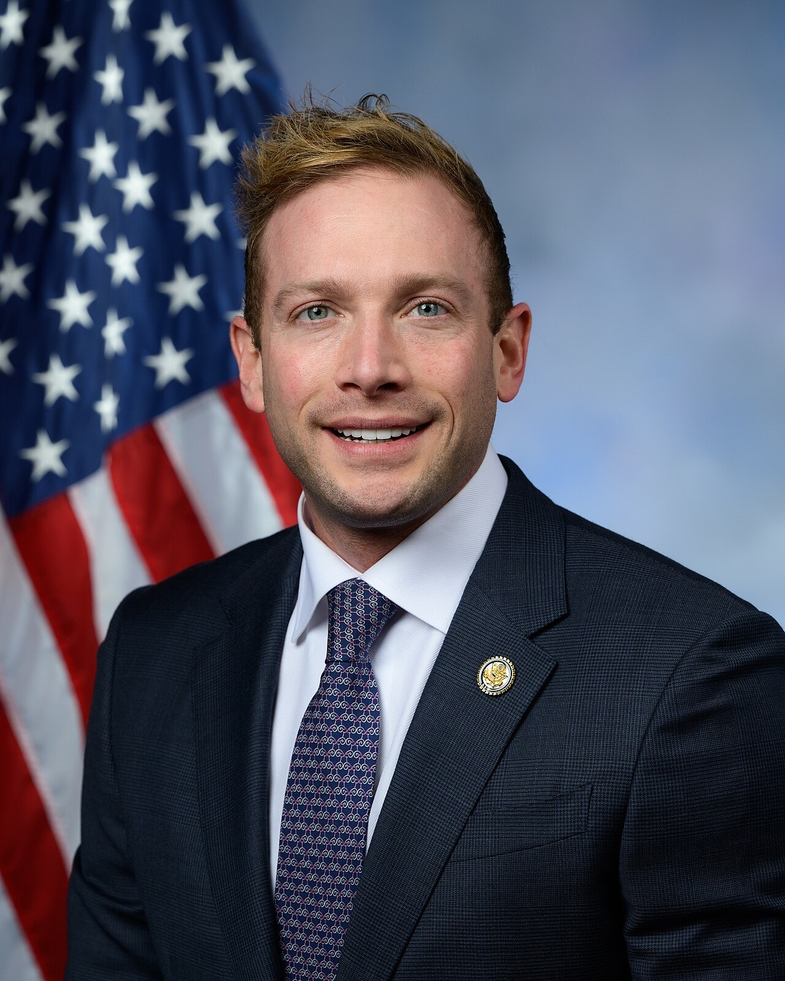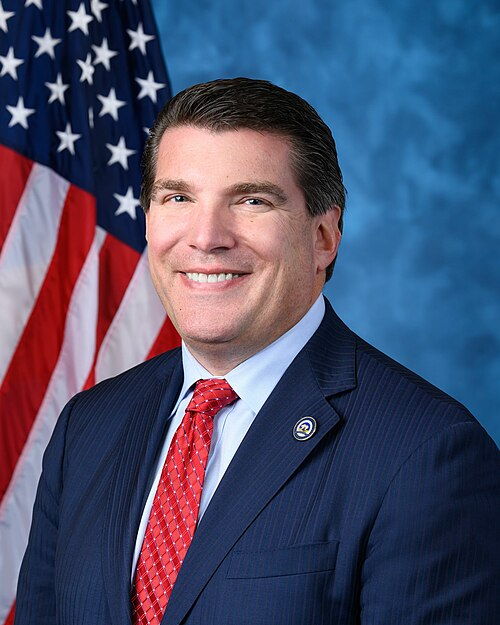H.R. 2934: Strengthening the Tenth Amendment Through Entrusting States 2.0 Act
This bill, known as the Strengthening the Tenth Amendment Through Entrusting States 2.0 Act (STATES 2.0 Act), aims to amend federal laws regarding marijuana by giving states more authority to regulate cannabis within their own borders. Here are the key aspects of what the bill intends to accomplish:
State Authority on Cannabis
The bill asserts that each state should have the power to establish its own regulations regarding the manufacture, possession, distribution, and delivery of marijuana. This recognizes that states have differing views on cannabis, allowing them to impose their own rules, such as:
- Prohibitions on marijuana use.
- Regulations similar to those for alcohol.
- Health and safety regulations to protect the community.
Interstate Cannabis Trade
While states can manage their own cannabis markets, the bill acknowledges that they currently cannot unilaterally make rules about interstate commerce. The federal government would be responsible for regulating and tracking the interstate movement of cannabis to prevent illicit trade.
Tax Structure and Illicit Market
The bill highlights that the current legal marijuana market is heavily taxed, leading to prices that are significantly higher than those in the illegal market. This creates a challenge for licensed businesses as it contributes to the persistence of unlawful marijuana sales. The bill proposes establishing a federal excise tax on cannabis that:
- Aims to support legal markets and not the illegal market.
- Is low enough to avoid adding to the state tax burden.
- Covers the costs associated with federal regulation and enforcement.
Safety and Law Enforcement
The bill points out that states that legalize cannabis can allocate more police resources to combat serious crimes rather than cannabis-related offenses. Legalizing cannabis at the federal level could thus free up law enforcement resources.
Regulation of Cannabis by Indian Tribes
The bill expresses that federally recognized Indian tribes should also have the authority to regulate marijuana within their jurisdictions, aligning with their self-determination rights.
Transportation of Cannabis
States and Indian tribes would be prohibited from restricting the transportation of cannabis between jurisdictions that both allow cannabis-related activities. However, they can impose reasonable restrictions for public health and safety.
Removal from Controlled Substances Schedule
If marijuana is produced in compliance with state law, it would not be classified as a controlled substance under federal law. This would remove many of the current legal barriers faced by cannabis businesses.
Distribution Regulations
The bill revises existing laws to allow individuals over 18 to distribute medicinal marijuana to individuals under 21 in compliance with state regulations.
FDA Oversight of Cannabis Products
The Food and Drug Administration (FDA) would gain the authority to regulate marijuana products intended for human or animal consumption. This includes:
- Marijuana products being treated as drugs, food, or cosmetics as appropriate.
- Setting standards for manufacturing, testing, and marketing of marijuana products.
Study on Traffic Safety
The bill calls for a study to be conducted to examine the impact of marijuana legalization on traffic safety, including crashes and the efficiency of state testing methods for impairment.
Legal Protections
Engaging in activities compliant with this legislation would not be classified as illegal traffic in controlled substances, nor would it be subject to various penalties associated with unlawful drug transactions.
Relevant Companies
- CGC (Canopy Growth Corporation): As a major player in the cannabis industry, Canopy Growth could see shifts in its operational framework based on state regulations enabled by this bill.
- CRON (Cronos Group Inc.): Cronos Group may also be affected by changes in federal regulations, allowing for broader market access and distribution opportunities.
- MSOS (AdvisorShares Pure US Cannabis ETF): This fund focuses on U.S. cannabis companies and may reflect changes in market conditions due to the new regulations.
This is an AI-generated summary of the bill text. There may be mistakes.
Sponsors
8 bill sponsors
Actions
2 actions
| Date | Action |
|---|---|
| Apr. 17, 2025 | Introduced in House |
| Apr. 17, 2025 | Referred to the Committee on Energy and Commerce, and in addition to the Committees on the Judiciary, and Transportation and Infrastructure, for a period to be subsequently determined by the Speaker, in each case for consideration of such provisions as fall within the jurisdiction of the committee concerned. |
Corporate Lobbying
0 companies lobbying
None found.
* Note that there can be significant delays in lobbying disclosures, and our data may be incomplete.
Potentially Relevant Congressional Stock Trades
No relevant congressional stock trades found.







